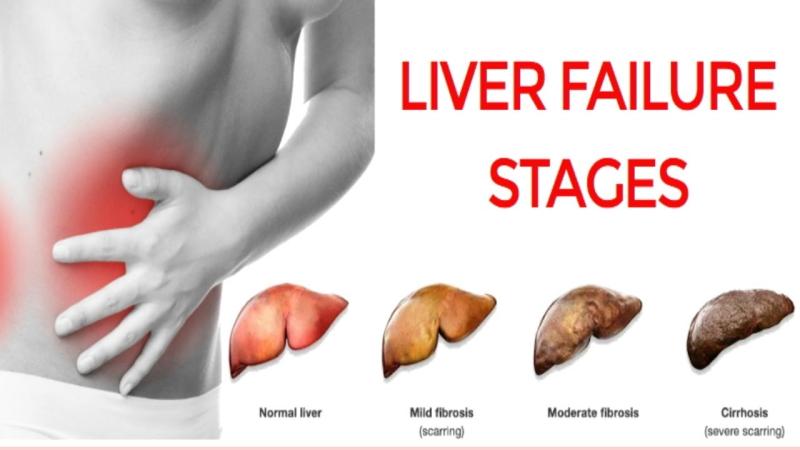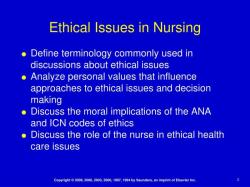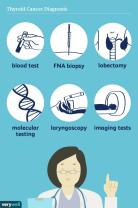How long to dying from end stage of liver disease?
The prognosis and timeline for individuals with end-stage liver disease can vary significantly depending on various factors such as the underlying cause of liver disease, overall health, treatment options, and the presence of complications. End-stage liver disease is a severe condition where the liver's function is significantly compromised, often leading to liver failure.
For some individuals with end-stage liver disease, the condition may progress rapidly, while for others, the progression might be slower. In many cases, without a liver transplant, end-stage liver disease can be life-threatening.
The survival rate and estimated timeline for someone with end-stage liver disease can range from several months to a few years, but it's essential to understand that predicting an exact timeline can be challenging due to the variability in individual cases.
Several factors can affect the prognosis:
Underlying Liver Condition: The cause of the liver disease, such as chronic hepatitis B or C, alcoholic liver disease, nonalcoholic fatty liver disease, cirrhosis, or autoimmune liver diseases, can impact the prognosis.
Liver Function: The extent of liver damage and the liver's ability to perform essential functions, such as detoxification and synthesis of proteins, greatly influence the prognosis.
Complications: Complications such as portal hypertension, ascites (accumulation of fluid in the abdomen), hepatic encephalopathy (confusion and cognitive impairment due to liver failure), and increased risk of infections can affect the timeline.
Treatment and Management: Treatment options, including medication, lifestyle changes, dietary modifications, and the potential for a liver transplant, can influence the prognosis.
Overall Health: The individual's overall health, presence of other medical conditions, and the ability to tolerate treatments also impact the timeline.
Given the complexity and variability of end-stage liver disease, it's crucial for individuals diagnosed with this condition to work closely with healthcare providers, hepatologists, or transplant specialists to discuss available treatment options, palliative care, and potentially the option of liver transplantation, which can significantly extend life expectancy and improve quality of life in some cases. Early intervention and appropriate medical care can help manage symptoms and complications, providing the best possible outcome for individuals with end-stage liver disease.
The prognosis for end-stage liver disease, also known as cirrhosis, is generally poor. Without a liver transplant, the average life expectancy for individuals with end-stage liver disease is approximately two years. However, this is just an average, and the actual prognosis can vary greatly depending on several factors, including:
Overall health: Individuals with a stronger overall health status may have a longer life expectancy than those with significant comorbidities, such as heart disease or diabetes.
Severity of liver disease: The severity of liver damage and the presence of complications, such as liver failure, ascites, or variceal bleeding, significantly impact the prognosis.
Access to medical care: Individuals with access to quality medical care and timely interventions may have a better prognosis than those with limited access to care.
Nutritional status: Maintaining adequate nutrition is crucial for supporting liver function and overall health in individuals with end-stage liver disease.
Compliance with treatment recommendations: Adhering to treatment plans and lifestyle modifications can improve outcomes and potentially prolong survival.
Alcohol consumption: Continued alcohol consumption can accelerate liver damage and worsen the prognosis.
Age: Younger individuals with end-stage liver disease may have a slightly longer life expectancy than older individuals.
It is important to note that these are just general guidelines, and the actual prognosis for an individual with end-stage liver disease can vary significantly. Regular consultations with a healthcare provider can provide personalized insights into the prognosis and treatment options.












